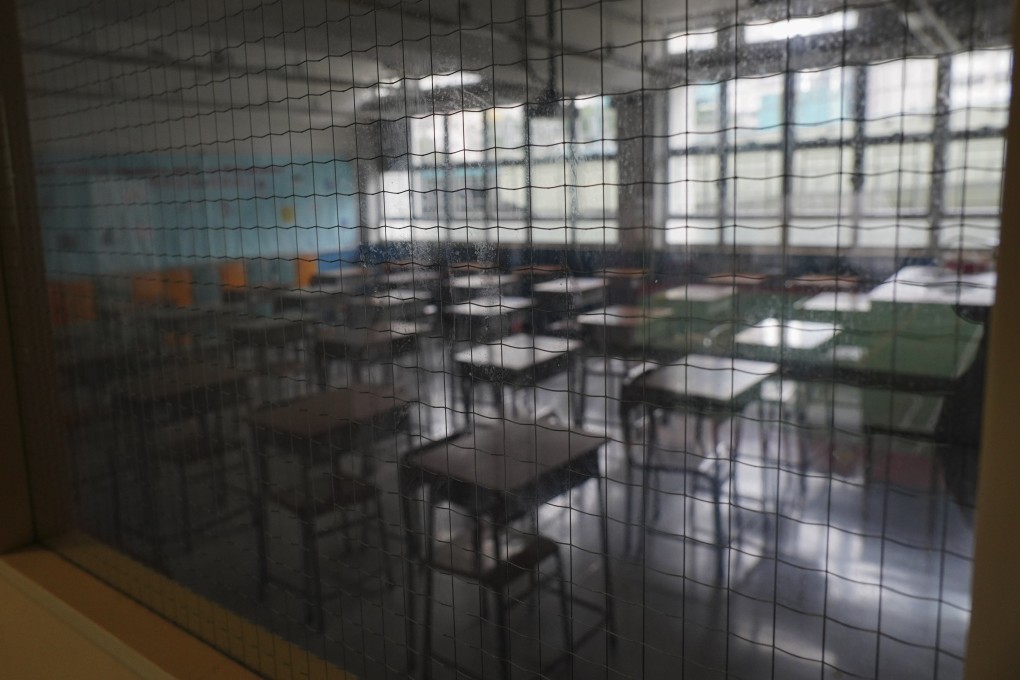Letters | Why Hong Kong schools must reduce class size
- Readers discuss how Hong Kong schools should respond to demographic change, student interns’ labour rights, and Malaysia’s bright outlook

Firstly, reducing class sizes to around 20 students would enhance the English competence of students. University graduates’ declining English ability has been a common complaint among employers. In my past teaching experience, a university English class would usually have 30 or even 40 students. A large class inevitably means that students have fewer opportunities to receive feedback. In class, lecturers cannot observe student progress and offer individual assistance. When it comes to assignments, teachers are unable to provide detailed advice due to time constraints. The number of assignments is also limited because of instructors’ workloads.
All this can be averted if class sizes are halved. Diverse learning outcomes can be minimised to ensure no one lags behind. Out-of-class support is more feasible. From a social perspective, if students learn effectively and acquire professional English skills, our future workforce will be more skilled. After all, it is the quality, not just the quantity, of a labour population that matters, especially in a city with high-end sectors like Hong Kong.
In sum, the Education Bureau and postsecondary institutions should respond to demographic change promptly, before another wave of exodus begins that might have an irreversible impact on the much-touted quality of our education sector.